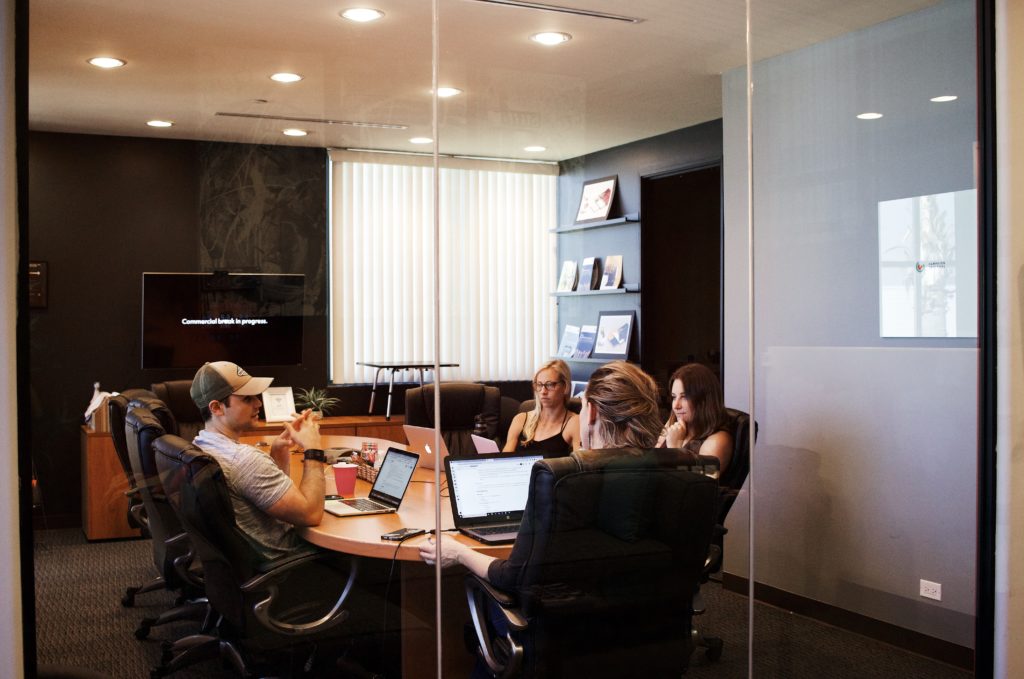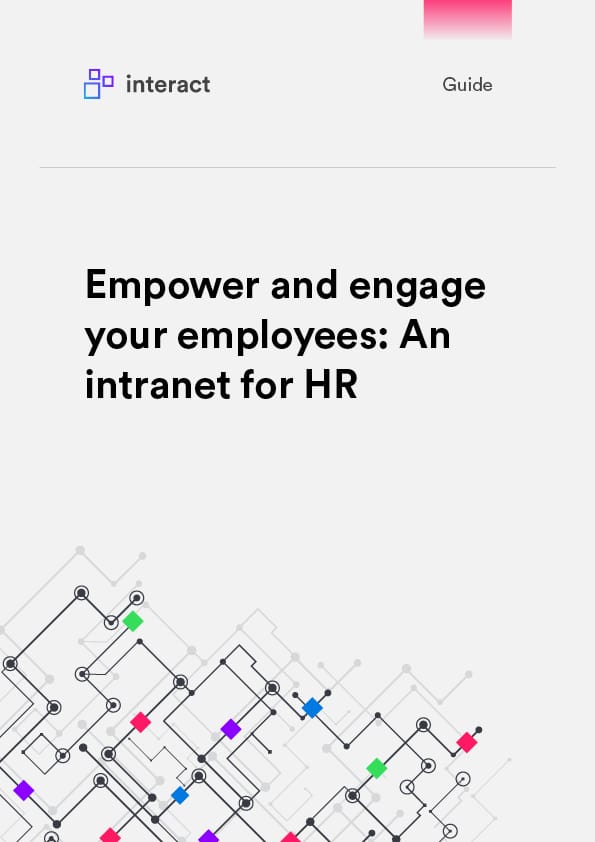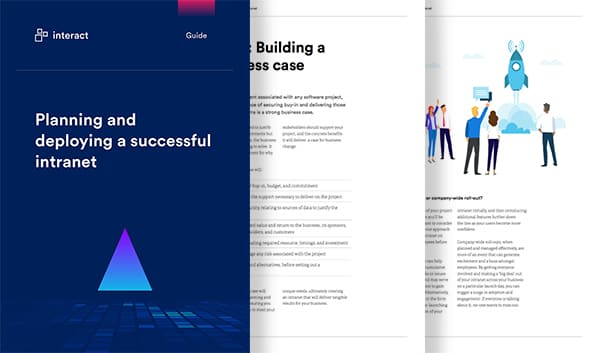How can the workforce prepare for Gen Z?

A new generation has entered the workforce – but don’t think Gen Z are Millennials Version 2.0. While they may share many traits, their focus and motivations can be very different. And these differences mean that organizations will have to change the way they recruit, retain and manage their younger people.
With four generations in the workplace for the first time, how will they co-exist? Will the established Baby Boomers and Gen X-ers be irked by this new cohort? Will harmony reign? Or will age just always be an issue that needs managing in the workplace?
Whenever a new generation lands on the scene, the media is quick to criticize. Millennials were soon nicknamed the Snowflake Generation, and now a new generation has arrived, business leaders are wondering how they will affect the workplace. Generation Z is now in the job market and, for the first time ever, four generations exist in the workforce.
Ensuring your entire workforce is connected
Understanding how these generations engage and what they expect from their working lives requires a lot of thought, planning, and an open mindset.
According to Pew Research, Millennials are currently the largest generation in the workforce, and as a result, are exerting the most influence on how organizations steer themselves. By 2020, they will make up half the working population in the U.S. This generation are renowned for having a different set of values in the workplace than in previous generations. With a focus on meaningful work and purpose, they’ve changed the way businesses operate. This change in behavior has been subject to criticism in the media; however, with Millennials described as lazy, entitled and over sensitive. The stereotype has been damaging, a Time story in May 2013, titled “The Me Me Me Generation,” begins: “They’re narcissistic. They’re lazy. They’re coddled. They’re even a bit delusional. Those aren’t just unfounded negative stereotypes about 80 million Americans born roughly between 1980 and 2000. They’re backed up by a decade of sociological research.” It’s not difficult to see how this could affect the opinions of older generations who work alongside them.

However, with the oldest Millennials now heading towards their 40s, and well-embedded in the workplace, its Gen Z who may cop the latest round of criticism.
It would be easy to assume that the new kids on the block, Generation Z, would inherit the title of being self-entitled narcissists or open-minded do-gooders, but it seems that the youngest section of the workforce is reverting to more traditional ways. Financial anxiety and a less than stable economy have given Gen Z-ers a similar longing for security as much older generations, but they also have a lot to contribute too:
They’re digitally savvy. Gen Z knows nothing other than the digital age. The oldest of this group, being born in 1996, were born to the sound of dial-up modems and all aspects of their life, from education to socializing have been heavily embedded in tech.
They’re more hireable. The workplace is evolving, and employers want people in the workplace who are equipped to deal with fast-moving technological advances. Gen Z-ers are digital natives and as such are more prone to look at how tech can solve common problems and processes in the workplace.
They’re more flexible. Younger generations can adapt to different working environments; they tend to have fewer responsibilities than older colleagues. They are more inclined to embrace different styles of working – from flexible hours to remote working – than their older workers.
They’re more enterprising. Younger gens have grown up in the gig economy so are more likely to have a side hustle. This can increase their skill set and drive their ambition.
They’re more loyal. While Millennials have a reputation for job-hopping, Gen Z-ers have been brought up in the shadow of a global recession, and driven by the fear of another financial disaster, have placed a premium on a steady income and job security.

They’re more driven. As a result of a need for security, younger workers are more driven to develop their career, and therefore will be looking for training opportunities to grow their skill set and climb the ladder.
They’re collaborative. Generation Z have spent their formative years helping elders with tech. Whether it’s fixing PC complaints, getting the best online deals for holidays or helping them set up accounts on social media, Gen Z have been training, teaching, and learning from an early age. As a result, finding solutions that save time and money and working with older people comes naturally to this demographic.
Respect for older generations. The idea permeates that a younger generation will bulldoze their way through the workplace, displaying little reverence to more senior colleagues. However, a sentiment commonly felt among Gen Z is that they are deferential to older generations, and can learn a lot of career lessons from them.
Ensuring your entire workforce is connected
How to welcome the new generation into your workforce
So, what can an organization do to prepare for this new generation and the management of four age groups? Here are some tips:
Focus on your digital fitness
For digital natives like Gen Z, there will be an assumption that the right workplace tools will be available when they begin. Not keeping ahead of the game could do severe damage to your talent recruitment and retention. The answer for these organizations is to concentrate on technology deployment. Whether it’s expanding social media presence or investing in virtual and augmented reality, digital fitness, a phrase coined by PwC, is being seen as one of the newer business imperatives. Organizations looking to bring their tech services up-to-the-minute are recruiting recent graduates to fill digital leadership positions. Not only do their roles focus on being on top of current trends, but also include helping the entire workplace to comfortable use the tools, language and concepts that are driving digital innovation.
Create value in your workplace
Where Millennials were concerned with the purpose and ethics, Gen Z are very much focused on financial rewards and advancing their career. Which is understandable: college tuition and healthcare costs in the U.S. continue to rise despite wages remaining stagnant since 2000, and the spiraling student loans and living costs in the UK have left a generation in stasis. This is an opportunity for HR and management to review their processes and work on creating the right culture to nurture team spirit and stability. While Gen Z-ers are displaying slightly less risk-taking behavior than Millennials, they will job hop in order to find somewhere where they can fulfill their potential.

Hone soft skills
Employers need to recognize that post-Millennial workers may not possess the same level of soft skills as their older counterparts have. Many of these skills come with age, confidence, and experience, but younger workers will be conscious of their naivety when it comes to interacting with a wide variety of people of different ages and backgrounds. In a survey carried out by Dell, 12,000 Gen Z students from 17 countries were interviewed about their approach to joining the workforce. 73 percent reported they felt confident about their technological prowess, but almost all of them felt unsure about their readiness for the workforce.
The majority of those surveyed have been in higher education, but despite this, many feel unprepared and unequipped when they enter the job market. Skills such as being able to resolve conflicts, manage people and negotiate are not as strong than in older workers. Employers should be prepared to provide help and training in developing these skills in Millennials and Generation Z-ers. Learning how to persuade, influence and communicate articulately and effectively are valuable skills that will go a long way in honing your employees.
Millennials might be Gen Z’s ideal manager
While the newest generation in the workforce can work effectively with people of any age group, consideration needs to be given on their appointed line manager. Because Millennials and Gen Z seem to have more of a collective experience, they could, therefore, foster more harmonious working relationships.
In fact, according to an IILC survey, having a Millennial manager remains the preference over a Gen X or Baby Boomer for 77 percent of Gen Z; this is an increase from the 67 percent from the same survey the year before.
The arrival of Gen Z heralds a new era for the digital workplace, one where a generation arrives with a deep understanding of technology unmatched by their older peers. To attract top talent, businesses need to implement a tech-first approach from as early on as onboarding.
Their technical swagger is set to create a revolution across the workplace. New ideas and fresh thinking will permeate businesses, and in turn, those organizations work hard to increase and improve their digital workplace to hold on to the best employees.
Ensuring your entire workforce is connected

